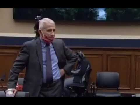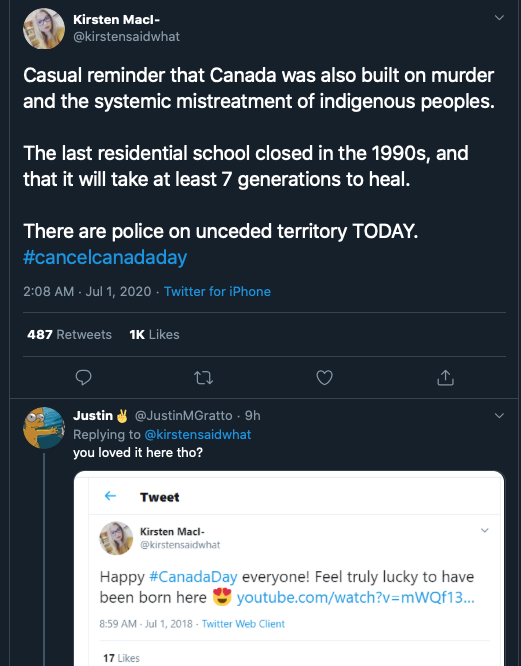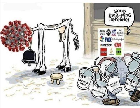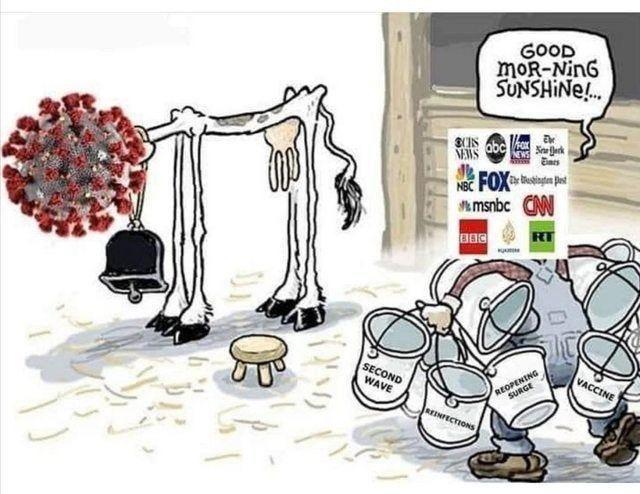
Masks aren't effective in preventing COVID:
In conclusion, both surgical and cotton masks seem to be ineffective in preventing the dissemination of SARS–CoV-2 from the coughs of patients with COVID-19 to the environment and external mask surface.
https://www.ncbi.nlm.nih.gov/pmc/articles/PMC7181938/
https://www.cdc.gov/eid/article/26/5/19-0994_article
Disposable medical masks (also known as surgical masks) are loose-fitting devices that were designed to be worn by medical personnel to protect accidental contamination of patient wounds, and to protect the wearer against splashes or sprays of bodily fluids (36). There is limited evidence for their effectiveness in preventing influenza virus transmission either when worn by the infected person for source control or when worn by uninfected persons to reduce exposure. Our systematic review found no significant effect of face masks on transmission of laboratory-confirmed influenza.
We did not consider the use of respirators in the community. Respirators are tight-fitting masks that can protect the wearer from fine particles (37) and should provide better protection against influenza virus exposures when properly worn because of higher filtration efficiency. However, respirators, such as N95 and P2 masks, work best when they are fit-tested, and these masks will be in limited supply during the next pandemic. These specialist devices should be reserved for use in healthcare settings or in special subpopulations such as immunocompromised persons in the community, first responders, and those performing other critical community functions, as supplies permit.
Penetration of cloth masks by particles was almost 97% and medical masks 44%. This study is the first RCT of cloth masks, and the results caution against the use of cloth masks. This is an important finding to inform occupational health and safety. Moisture retention, reuse of cloth masks and poor filtration may result in increased risk of infection. Further research is needed to inform the widespread use of cloth masks globally. However, as a precautionary measure, cloth masks should not be recommended for HCWs, particularly in high-risk situations, and guidelines need to be updated.
Masks are the new reusable grocery bags -- filled with germs, bacteria and viruses being unwittingly carried around everywhere. And just like your underwear and pants don't prevent your farts from getting out, regular non-N95 masks don't prevent germs either. Though to be fair, if older people "feel" a bit safer, then I guess let them do whatever makes them feel safe. But companies exploiting this to sell masks is fraud and government enforcing this is just abusing power and scare mongering their citizen sheeps.
As soon as the press briefing is over all the media and politicians takeoff their masks. What looks to be happening is they are only wearing masks for the television...
https://twitter.com/Acadiansheperd/status/1260266494702862337
https://nypost.com/2020/05/16/cnn-reporter-caught-removing-face-mask-when-she-thought-camera-was-off
If you haven't yet, check out the military audit of 5 nursing homes in Ontario.
https://assets.documentcloud.org/documents/6928480/OP-LASER-JTFC-Observations-in-LTCF-in-On.pdf
Things like reusing injections, using infected PPE with non-covid residents, putting covid patients with non-covid residents, expired months old medications, elder abuse etc. This was only the 5 nursing homes which were audited. Same stuff in other nursing homes too.
Video captures residents wandering into woman's room at Ottawa long-term care home hit hard by COVID-19. Random patients wandering into rooms, sleeping on her bed, coughing on her pillows etc:

























